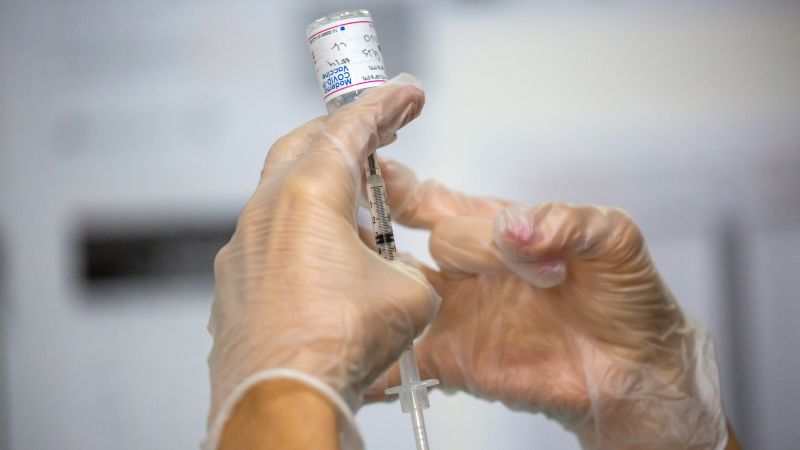A surge in Covid-19 infections in the US coincides with the imminent arrival of newly updated vaccines in pharmacies. The question arises – is it better to get the new shot right away, or should people wait a few weeks for optimal protection ahead of a possible winter wave?
Dr. Carlos del Rio, a distinguished professor of medicine at Emory University, advises caution. “If you had Covid in the last three months, I would wait,” he said. “There’s no need to get a vaccine, because you have, in a way, been ‘vaccinated’ by the current strain.” However, for those who haven’t recently had Covid, especially individuals 65 or older or those with underlying health conditions, he recommends getting the shot as soon as possible.
According to Dr. Paul Offit, director of the Vaccine Education Center at Children’s Hospital of Philadelphia, individuals at highest risk of hospitalization or death from Covid-19 include those who are immune-compromised, have medical conditions such as obesity or diabetes, are pregnant, or are elderly (those over 75).
Dr. Megan Ranney, dean of the Yale School of Public Health, points out that the boost to frontline immunity provided by the vaccines fades within a few months. Waiting until the fall ensures better protection during the peak of respiratory virus season in December and January.
The updated mRNA vaccines from Pfizer and Moderna are expected to be available first, with Novavax’s vaccine following shortly after. Dr. Peter Chin-Hong from the University of California at San Francisco advises against rushing to get the shot and suggests waiting for a more convenient time.
Dr. Peter Hotez, an infectious disease expert at Texas Children’s Hospital, suggests rethinking the timing of Covid vaccine delivery, proposing twice-a-year vaccinations due to the limited durability of the mRNA vaccines. The availability and production capacity of multiple vaccines each year will need to be considered moving forward.



